ERP systems streamline various business processes by integrating data and functions into a unified system. This integration helps organizations improve efficiency, make informed decisions, and optimize resource management.
Many ERP solutions offer tailored functionality to suit different industries, including manufacturing, retail, and healthcare. By centralizing data and automating processes, ERP systems reduce redundancy and facilitate scalability, serving as a single source of truth for businesses. Users have observed significant enhancements in inventory management through real-time data access and predictive analytics. Companies that adopt ERP systems often experience fewer operational delays and better compliance with industry regulations.
What are critical features of ERP solutions?In manufacturing, ERP systems assist with production planning, quality control, and supply chain management. Retailers benefit from enhanced customer relationship management (CRM) features. In healthcare, ERP supports patient data management and regulatory compliance.
Using ERP solutions, organizations gain a comprehensive view of their operations, improving management capabilities and allowing them to adapt swiftly to market changes. Such systems facilitate a more organized approach to business management, crucial for long-term growth and sustainability.
| Product | Market Share (%) |
|---|---|
| SAP ERP | 17.0% |
| SAP S/4HANA | 9.2% |
| Microsoft Dynamics 365 Business Central | 6.3% |
| Other | 67.5% |
















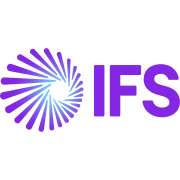





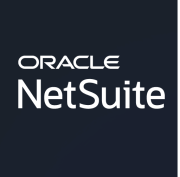

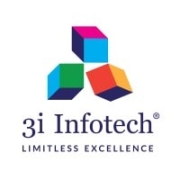


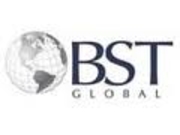


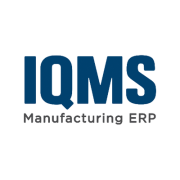




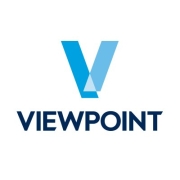



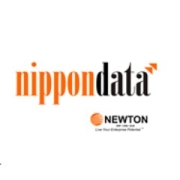




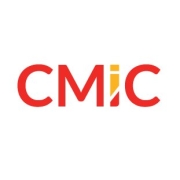
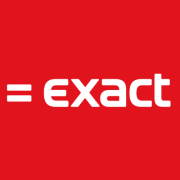
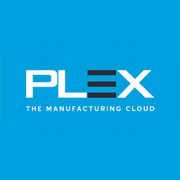

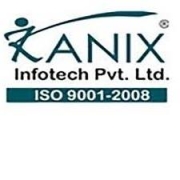

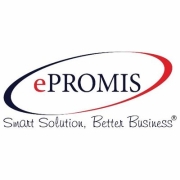





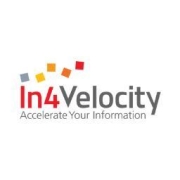
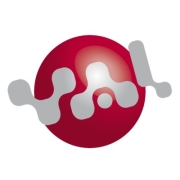




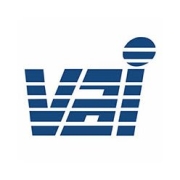
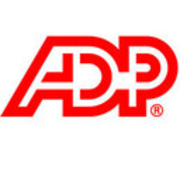


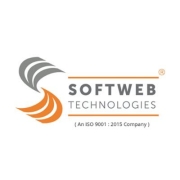
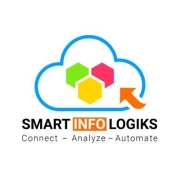
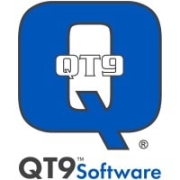




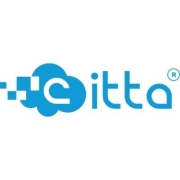

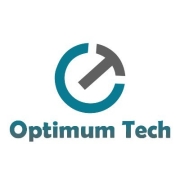


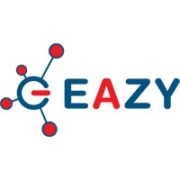
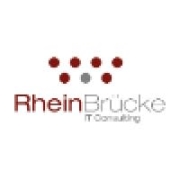

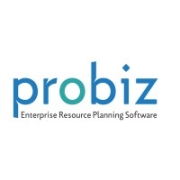
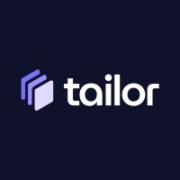








ERP solutions streamline business processes by integrating disparate systems, leading to enhanced efficiency. By centralizing data and automating everyday tasks, you can reduce manual efforts and errors. This integration allows you to gain real-time insights into operations, enabling better decision-making and resource allocation.
What are the key features to look for in an ERP system?When choosing an ERP system, look for scalability, flexibility, and customization options to suit your business needs. Essential features include financial management, supply chain management, human resources, and customer relationship management. An intuitive user interface and robust reporting tools are also critical for maximizing productivity.
How does ERP software enhance data security?ERP software enhances data security by providing centralized frameworks with advanced access controls and authentication mechanisms. This system ensures that sensitive data is accessible only to authorized users, reducing the risk of data breaches. Regular updates and compliance with industry standards also safeguard your data against evolving threats.
What is the ROI of implementing an ERP system?The ROI of implementing an ERP system is significant, providing long-term cost savings and improved productivity. By automating tasks, minimizing errors, and optimizing resource use, ERP systems contribute to reduced operational costs. Improved data accuracy and process efficiency further enhance revenue growth, making the investment worthwhile.
How do you ensure successful ERP implementation?To ensure successful ERP implementation, you need thorough planning and clear objectives. Engage stakeholders early and ensure comprehensive training sessions for all users. Collaborate with experienced ERP consultants and choose a system that aligns with your business goals. Continuous monitoring and feedback after implementation are key to ongoing success.